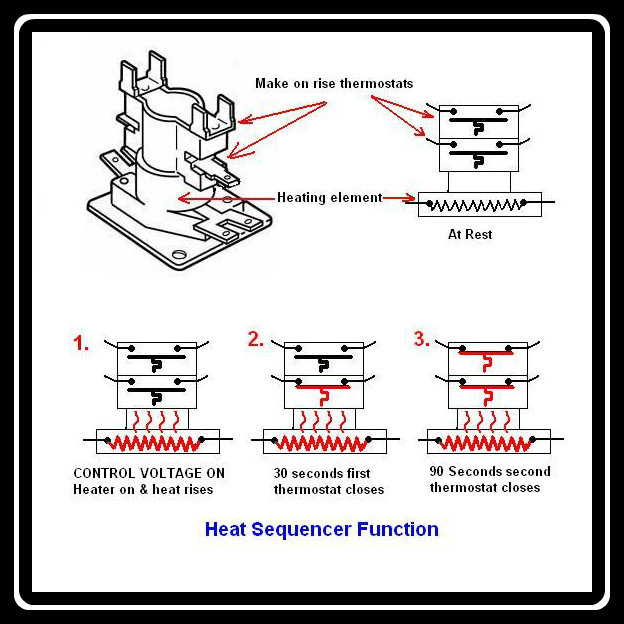
As the warm days of summer begin to wane, you might find yourself wondering when the season officially ends. Interestingly, the answer can vary depending on which calendar you reference: the astronomical calendar or the meteorological calendar. Both methods offer different perspectives on the end of summer and the beginning of autumn. Let’s dive into each one and explore their significance.
Astronomical Calendar: Marking the Equinox
The astronomical calendar is based on the Earth’s position relative to the Sun. According to this method, the end of summer is marked by the autumnal equinox, which typically occurs around September 22 or 23 in the Northern Hemisphere. This event is when the Sun crosses the celestial equator, resulting in day and night being approximately equal in length.
Continue reading “When Does Summer Officially End? Understanding the Astronomical and Meteorological Calendars”


